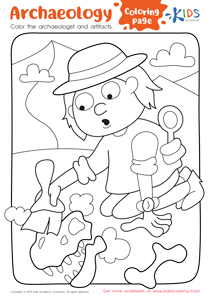Normal Phonics worksheets activities for Ages 4-6
6 filtered results
-
From - To


Rhyming Words: Assessment Worksheet


Let's Check Long Vowels: Assessment Worksheet


Vowel and Consonant Sounds: Assessment Worksheet


Long and Short Vowel Sentences: Assessment Worksheet


Phonological Awareness: Assessment 1 Worksheet


Phonics and Word Recognition: Assessment 1 ELA Worksheet
Normal Phonics worksheets activities play a crucial role in the foundational stages of reading and writing. These activities are designed to systematically teach learners the relationship between sounds and their corresponding letters, an essential skill for decoding words. The utility of employing Normal Phonics worksheets activities in educational settings or at home cannot be overstated for several reasons.
Firstly, Normal Phonics worksheets activities provide structured learning. They guide learners through the complexities of the English language in a step-by-step manner, ensuring that the basics are solidified before moving on to more challenging concepts. This structured approach helps in gradually building confidence and proficiency in reading and spelling.
Secondly, these activities cater to various learning styles. Whether a learner is visual, auditory, or kinesthetic, Phonics worksheets offer a range of activities that engage different senses. For instance, coloring letters to identify sounds caters to visual learners, while saying the sounds out loud as they trace letters benefits auditory learners. This versatility ensures that all learners can benefit from Phonics instruction in a way that suits their learning style best.
Furthermore, Normal Phonics worksheets activities allow for repetition and reinforcement, which are key in mastering Phonics. The repetition of sounds, letters, and word patterns found in these worksheets helps to solidify learning and improve memory recall. This repeated exposure ensures that learners can recognize and produce sounds with increasing ease over time.
Lastly, these activities provide immediate feedback to learners. As they work through the worksheets, they can instantly see their successes and identify areas needing improvement. This immediate feedback is crucial for motivating learners and fostering a positive learning experience.
In conclusion, Normal Phonics worksheets activities are a fundamental tool in teaching reading and writing. Their structured approach, adaptability to various learning styles, emphasis on repetition and reinforcement, and provision of immediate feedback make them an invaluable resource for learners embarking on their literacy journey.
 Assign to the classroom
Assign to the classroom












